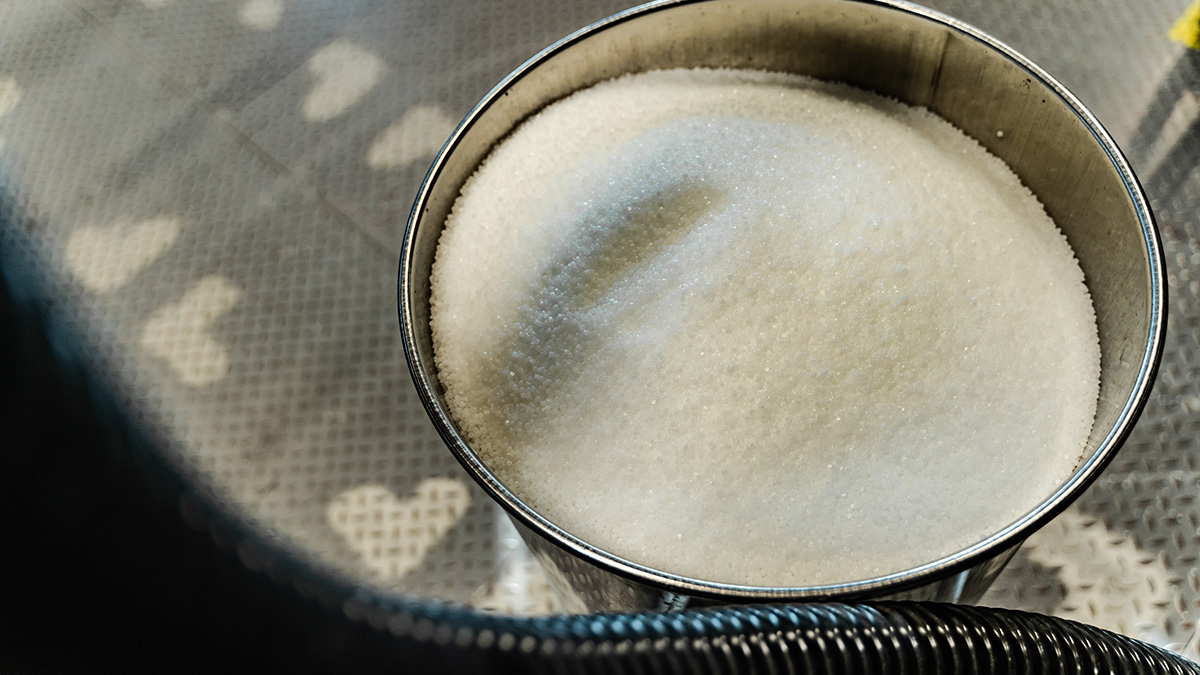The environmental impacts of plastics, especially the critical role of recycled plastic, are subjects of ongoing debate. Challenges in plastic product manufacturing, such as the slow decomposition process and microplastic pollution are well-known. While paper-based products often emerge as alternatives, the solutions are more diverse than this single option.

In the plastic industry, sustainability is increasingly at the forefront and is driven by innovations. Regranulates, as recycled raw materials, are pivotal in enhancing recycled plastic manufacturing and reducing the ecological footprint of products.
In this article, we explore:
Innovative materials in recycled plastic manufacturing
Industry research and development are currently on non-petroleum-based plastics. Although this trend is less dominant for now, the global environmental pressure is significantly increasing. The adoption of recycled plastics is becoming more widespread, particularly regranulates sourced from
- post-industrial (PIR), referring to industrial by-products and waste and
- post-consumer (PCR) recycling, referring to materials collected back from the population.
PET plastic recycling is a well-established practise. Newer trends include recycling PP (polypropylene) and PE (polyethylene). PP, notably suitable for multiple processing, is ideal for black or grey products. HDPE (high-density polyethylene) stands out as one of the most recyclable polymers in non-food FMCG applications.
Take, for example, the development of the Genius manual dispenser head, where 26% of the product (the trigger) is made from new material, and the remainder from PCR (the ¾ of the product). Our principle, also a customer expectation, is to use new material for the functional part of a plastic component, while other parts are made from PCR material for sustainability. We are also committed to ongoing advancements in regranulate supply, focusing on colour, purity, and the categorization of polymer types and additives.

Is recycled plastic cost-effective for product manufacturing?
Contrary to popular belief, recycling waste for cost-effectiveness isn’t always viable. The complexity of
- sorting,
- cleaning, and
- reprocessing
waste adds value but incurs additional costs, potentially raising the final product’s price. Market dynamics can further escalate these prices, making regranulate-based products potentially costlier than traditional plastics. The challenge extends beyond costs to other recycling process aspects.
Innovation for sustainable recycled plastic manufacturing
At Mikropakk, we’re dedicated to innovative solutions and new product development. Our R&D&I activities include advanced development and pilot production of various products. The preparatory phase of manufacturing is crucial, given the significant differences between PCR plastics and original materials.
A key challenge is maintaining the aesthetic appeal of products. The colour range for regranulate-based products is limited, mostly to black and grey, posing a problem in the colour-centric FMCG market.
Our innovation strategy is centered on introducing cleaner, more color-versatile PCR materials, melding environmental consciousness with product quality.
Responsible plastic product manufacturing at Mikropakk
With over thirty years in packaging solutions for diverse industries, we’re committed to sustainable innovation. Our product and process developments are geared towards enhancing our sustainability initiatives.
We’ve been recognised with the PRS Green Label 2023 for our efforts in reducing environmental impacts. Our dedication to research and development enables us to create the latest eco-friendly packaging solutions, contributing significantly to our partners’ success. This commitment underscores our role as a responsible player in the plastic manufacturing industry, balancing environmental concerns with the demands of modern markets.
